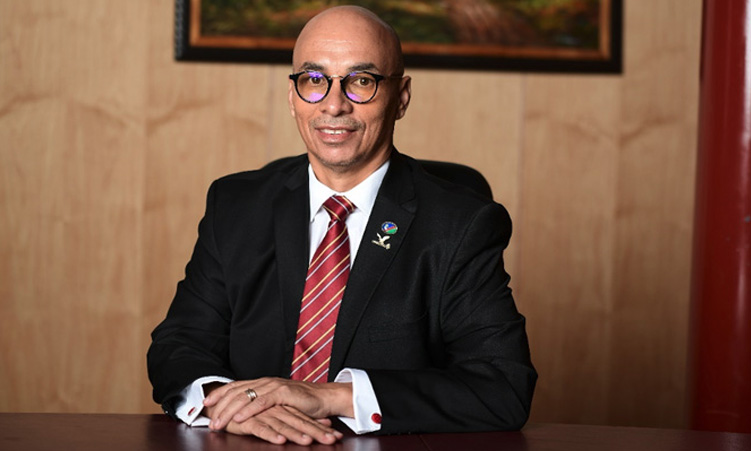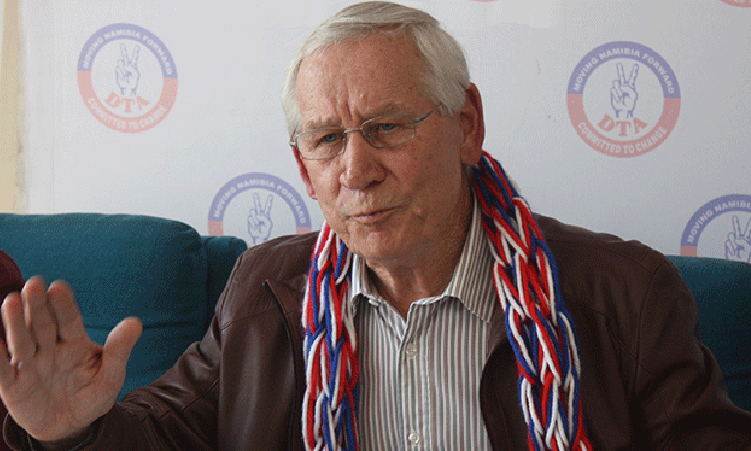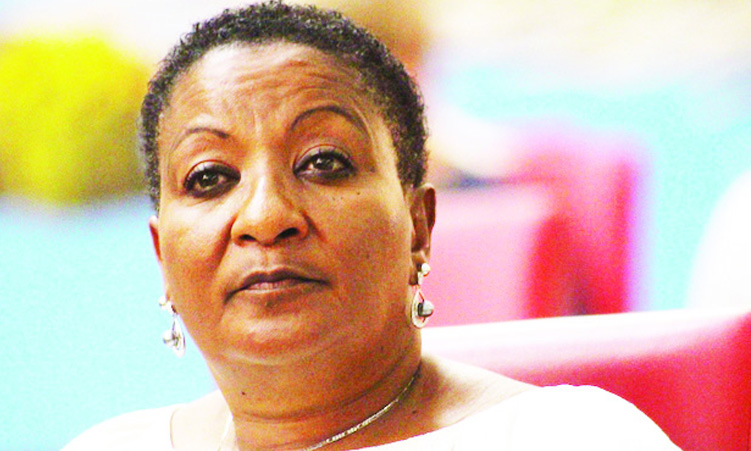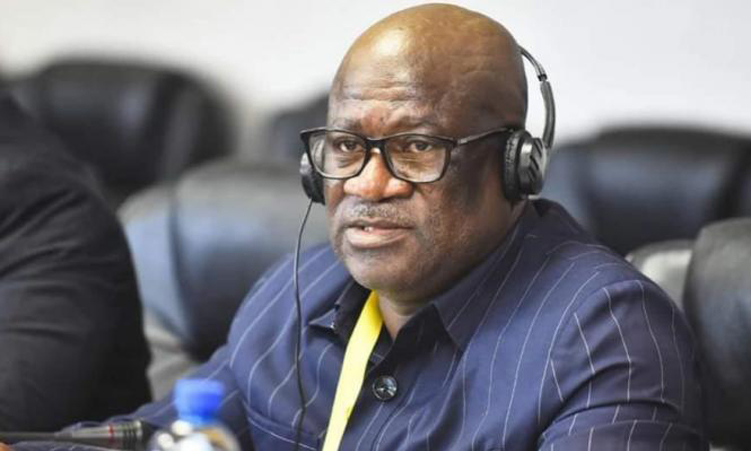The Financial Intelligence Centre (FIC) says it is taking steps to counter potential money laundering and proliferation financing in the country’s booming oil, green hydrogen and betting industries.
“The industries are nascent industries in Namibia. Be mindful that all industries, especially new ones, come with associated risks and money laundering is no exception,” FIC director Bryan Eiseb told The Namibian last month.
Off the coast of Namibia, the focus has shifted to the southern borders near South Africa, where multinational oil companies such as France’s TotalEnergies and Qatar’s state- owned QatarEnergy have announced oil discoveries.
Oil is a lucrative industry; for example, the oil discovery in the Mopane-1X well, announced in April, could net National Petroleum Corporation of Namibia and its partners N$14 tril- lion if all the estimated 10 billion barrels of oil are extracted.
Eiseb said the anti-money laundering, counter-terrorist financing and counter-proliferation financing legislative framework in Namibia comprises various complementary laws.
These include the Financial IntelligenceAct, the Prevention of Organised Crime Act, various banking laws administered by the Bank of Namibia and the Business and Intellectual Property Authority Act.
“The legislative framework has recently proven, during our mutual evaluation, to be sufficient in dealing with the threats posed by money laundering and associated predicate offences,” he said.
Eiseb said various relevant institutions exist, such as the Namibian Police, the Anti-Corruption Commission, the Of- fice of the Prosecutor General and the independent judiciary.
The FIC furthermore works in collaboration with private institutions and the public sector to monitor any suspicious activity and such reports are filed with the FIC, he said.

“To prevent money laundering, terrorism financing and proliferation financing, the FIC regularly undertakes sectoral training and regularly engages with the private and public sector to share trends and typologies,” he said.
Eiseb said it is important for the FIC and stakeholders to con- duct risk assessment and prepare adequate sectoral responses. The general penal provisions for contravening the provi- sions of the Financial Intelligence Act provides for a penalty of N$100 million or 30 years’ imprisonment.
In addition, the FIC may issue administrative penalties to institutions it supervises and any person the act applies to.
Within the country, attention is on green hydrogen projects, notably a massive N$10-billion plan led by the Hyphen Hydrogen Energy consortium, headed by German company
Enertrag, which holds rights to the project for 40 years. This industry is so new that critics and environmentalists accuse green hydrogen proponents of learning on the job and neglecting transparency.
Sport betting is largely unregulated in Namibia, exposing the industry to potential money laundering and a lack of accountability for companies profiting from it.
Lawmakers, including Popular Democratic Movement parliamentarian Nico Smit, Swapo chief whip Hamunyera Hambyuka and deputy minister of health and social services Esther Muinjangue have highlighted sport betting as an industry vulnerable to fraud and addiction.
The Namibian has previously reported that foreign companies and individuals have shown interest in or invested in Namibia’s newly discovered industries, particularly in the oil sector.
Cameroonian NJ Ayuk, who was reported to have been convicted of fraud in the United States, appears to be position- ing himself to work with the Ministry of Mines and Energy.



His organisation, the African Energy Chamber, was a strategic partner of the Namibia International Energy Conference held in Windhoek in April.
Ayuk has also been advising the mines ministry.
Another controversial figure reportedly offering oil and gas legislation advisory services to Namibian authorities is James Jay Park, the Canadian mastermind behind ReconAfrica’s controversial oil exploration in the Kavango regions.
Some international reports have highlighted a pattern followed by Park, dubbed ‘The Oil Kingmaker’: advising governments and then establishing advisory companies in the same country, thereby benefiting directly from the oil regulations he helped draft.
Ayuk and Park have consistently denied any wrongdoing.
Stay informed with The Namibian – your source for credible journalism. Get in-depth reporting and opinions for
only N$85 a month. Invest in journalism, invest in democracy –
Subscribe Now!










